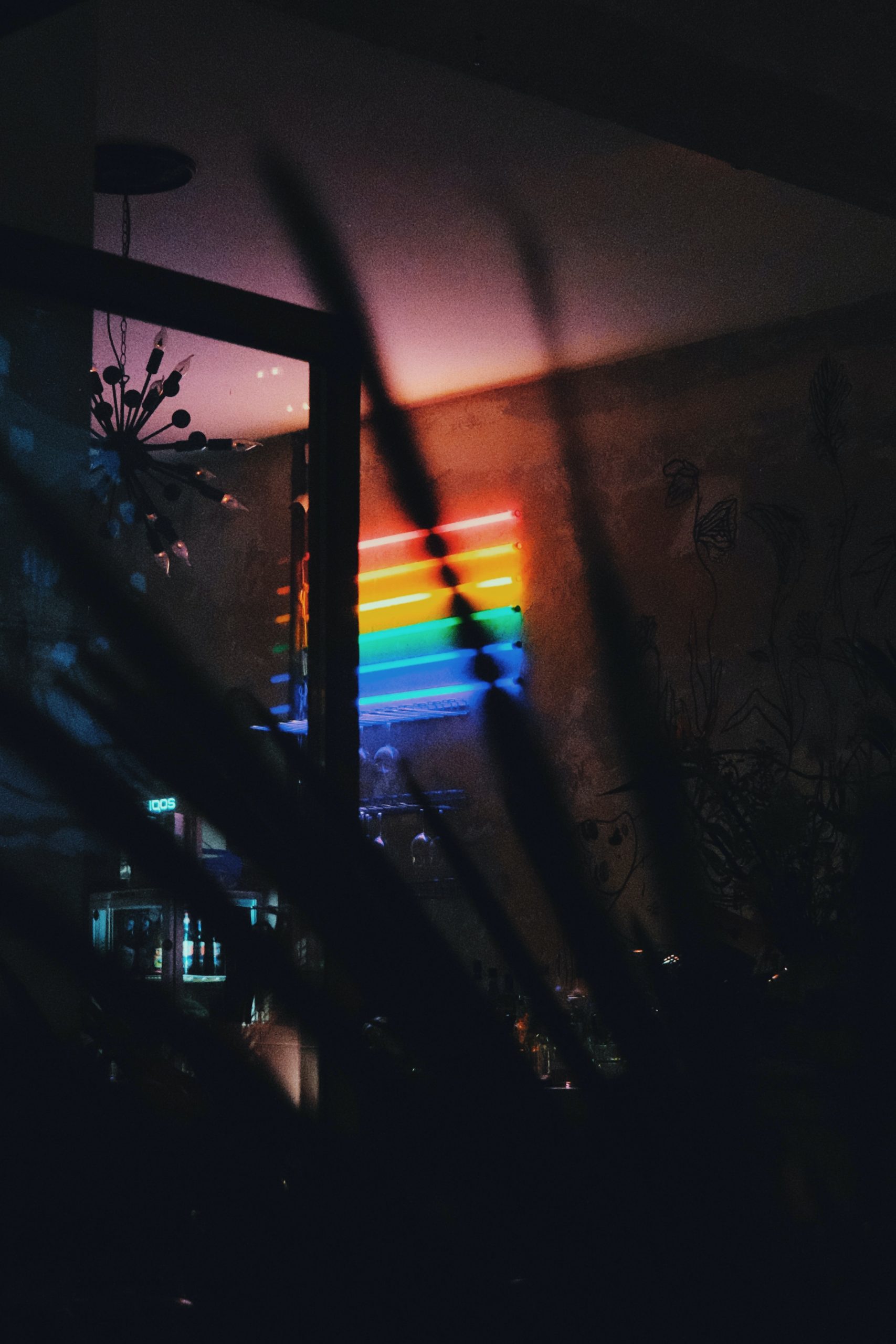
Comment Writer Ilina Jha discusses the need for more inclusive queer spaces, without the drugs and alcohol
I am 21 years old, I am queer, and I am a student. You might therefore be forgiven for thinking that, when it comes to Birmingham’s queer nightlife, I ought to fit right in. But I am neither a drinker nor a clubber – and additionally, I am not much of a night owl.
Although the heavy drinking, sweaty dancing, and general overcrowding of bars and nightclubs sounds like nothing short of a nightmare, it often seemed to me as a teenager consuming queer media that gay bars and nightclubs were the main (and often only) places where one could go to meet other queer people in a safe environment – so much so that attending seemed like a rite of passage I would have to go through as a queer person. I managed this in the tamest way possible on 25 February this year, when I visited The Loft in central Birmingham for a mocktail. I only felt comfortable there because it was early in the evening (meaning no one was super drunk or rowdy), there was a diverse mix of people, and it was a family-friendly environment (there were babies there. Yes, babies.) There are other pubs and bars with similar atmospheres, and I am happy to enjoy a non-alcoholic drink in such establishments; however, these seem to be in the minority. Typical bars and clubs simply do not suit me, queer or otherwise – and I know I am not alone in this. A Huffington Post article highlights Sappho Events, ‘which hosts sober events across the UK for queer women, trans and non-binary people, such as pottery workshops, boxing tutorials and book readings.’ Founder Maryann Wright explains that ‘[i]t came from a place of wishing there was more for people to do other than go out and drink […] We have to get better at providing a wider range of spaces that are accessible for people.’ For adults who are busy with shift work or childcare responsibilities, children and teenagers, and some disabled people, these more ‘accessible’ spaces and activities are absolutely vital.
These more accessible spaces and activities are absolutely vital
Spaces that are not focused on clubbing and drinking are also needed for another very important reason: LGBTQ+ people are more likely to struggle with alcohol and drug misuse than their straight, cisgender peers, as evidenced by a UCL study and analysis of the Global Drug Survey. In the same Huffington Post article mentioned earlier, transgender woman Megan Key, a survivor of alcohol and drug addiction, emphasises the importance of sober safe spaces for queer people, while Eleanor Higgins explains that ‘drugs and alcohol were normalised quite early on’ in her experience of queer nightlife. So it is evident that sober safe spaces for LGBTQ+ people are vitally important.
For those who could do with an alternative to nightlife spaces, the solution is more daytime, family-friendly LGBTQ+ safe spaces. Cafés, for example, can be a great place to meet other queer people without the pressures of heavy drinking. Bookshops could serve a dual function by not only providing a safe space for LGBTQ+ people, but also by providing and prioritising the sale of LGBTQ+ books and authors in their shops. Some spaces that are exclusively for children and teenagers are also a good idea, to provide a safe space away from adults and to curate age-appropriate content. Additionally, all these spaces need to be made inclusive for the whole LGBTQ+ community – gay bars and nightclubs, more often than not, are aimed towards gay men, which can leave queer women and non-binary people feeling left out, or even in danger. Writing for the Metro in 2022, Jessica Lindsay explains that she ‘often feel[s] like [she is] not accepted in LGBTQ+ spaces; many of which are targeted towards gay men.’ There are not many queer clubs and bars that are specifically for queer women and/or non-binary people, which can leave such individuals stuck between a rock and a hard place if they feel unable to frequent neither queer nor non-queer nightlife spaces. So LGBTQ+ spaces need to be more inclusive of everyone within the community, while some specific spaces catered to queer women and non-binary people would also help.
Gay bars and nightclubs, more often than not, are aimed towards gay men
There are examples of brilliant, inclusive LGBTQ+ safe spaces around the country that do not revolve around clubbing and drinking at night, but instead offer activities and daytime community spaces for connection. For example, the Birmingham LGBT Centre hosts Sol Café, an inclusive LGBTQ+ safe space that is drug- and alcohol-free. I know that I and so many others would appreciate and benefit from more spaces such as these – and I bet that even the most enthusiastic clubbers would not mind a change of scene now and then.
For more student opinions check out the stories below:
The Beauty Industry and Cosmetic Surgery: Influences and Pressures on the Postmodern Body
Comments